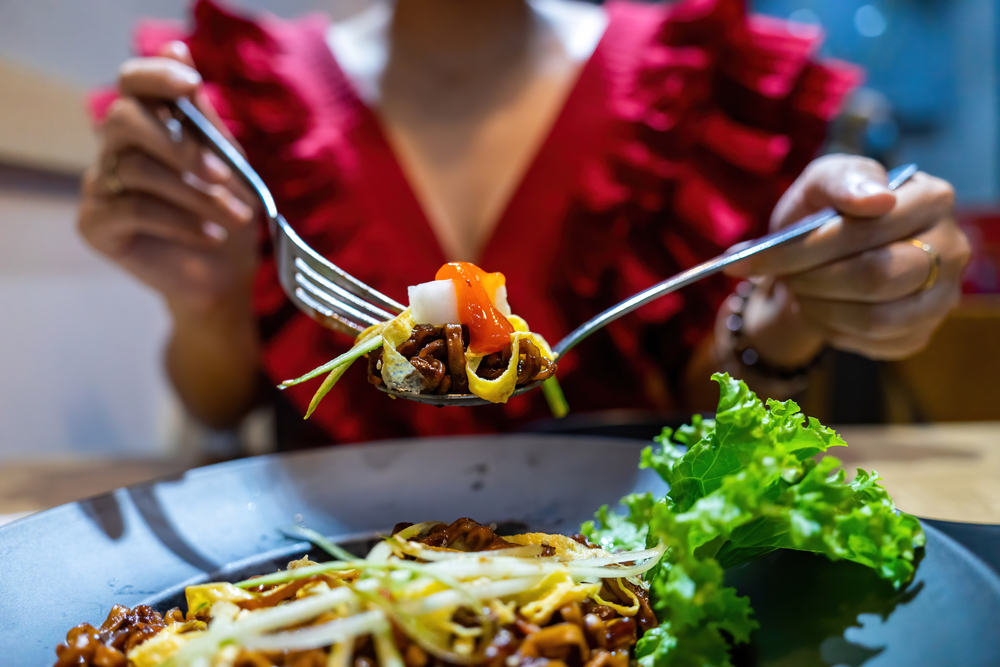So, I am one of those people with weight issues. My weight fluctuates up and down in an unhealthy way. For example, two months ago, I weighed 55kg, and now I am down to 47kg, which is almost unhealthy for my height and weight. Here, someone might say, you weigh nothing! That means you are slim; what are you worried about? Hm, I hear you. See, the truth is, whether one is fat, chubby, or thin, the main question is: Are you healthy?
I discovered I was losing some weight after I posted pictures on Instagram and my friends were like, what is happening?! Their questions puzzled me because I had been eating at least 4-5 times per day. Before they even told me about my weight, I was worried about how much I was eating. Anyway, someone advised me to see a doctor, a nutritionist. Sounds fancy abi? I mean, why waste money on doctor when I am eating well? But I did and I’m glad about it. Consulting the nutritionist revealed to me that I wasn’t eating enough. Even the five meals I was eating per day were almost empty of vital nutrients. Can you imagine? So, what should I eat then? I asked the doctor. She shared with me simple tips to keep my diet balanced every day.
First of all, do you know that as women, our bodies need at least 2,000 calories of food per day to function normally? Did you know that, as women, we need at least 21-25g of foods rich in fiber per day? There are also proteins, carbohydrates (including starch and fiber), vitamins, minerals, antioxidants, and healthy fats. Hmmm, I knew all of these before I told her, but she looked me in the eye and said, but do you practice them daily? Do you intentionally add nutrients to your food?
I answered no. In fact, it turns out that my weight loss was because I was eating lots of carbohydrates and foods with empty calories (ice-cream, cake, fruit juice, chips, and fries… basically, processed foods). So, when you want to prepare food, ask yourself if your meal has the following items:
Grains: This one is a bit difficult because the common white rice, white bread, and spaghetti that we eat are not healthy grains. Brown rice is better, and you can fill this side up with fiber-rich foods.
Dairy: Milk is an excellent source of dairy.
Protein: red meat, poultry, and fish.
Fruits: this one should be easy. They sell fruits in every corner of Nigeria. Eat oranges, bananas, mangoes (whatever is in season and fresh)
Vegetables: The advice here is to go for dark green vegetables (think ugwu and bitter leaf). Just try not to overcook them.
Since I visited the doctor, I have been trying, but to be honest, it’s challenging to move past bread, rice or pasta, and stew (my staple!), cornflakes, etc., but I am trying. It just takes a little more effort. You can do it too!
